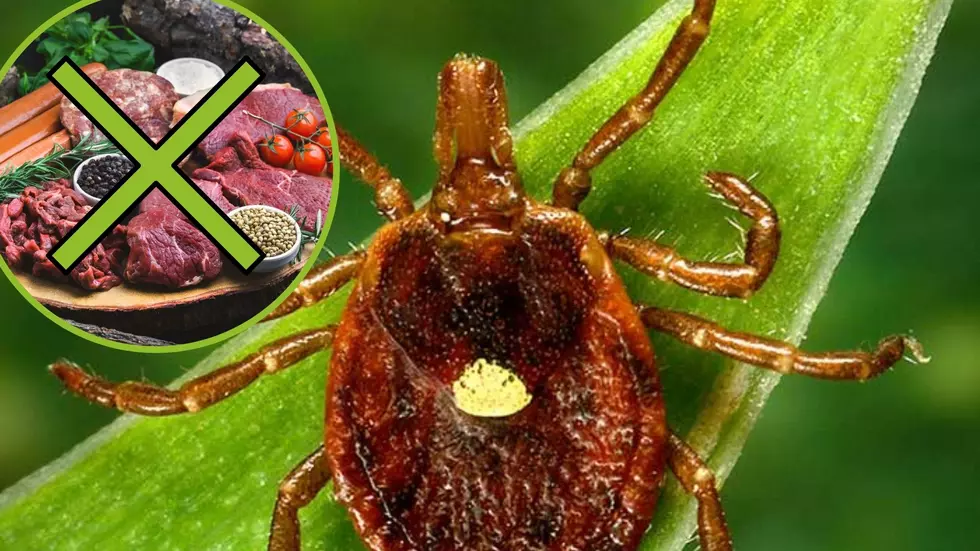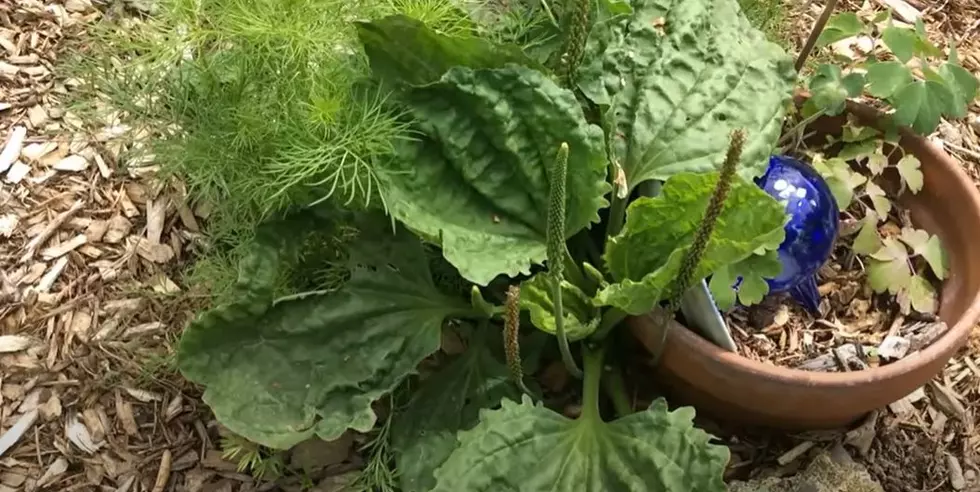
If You See These Destructive Eggs Spreading Into Central New York, Kill Them
Be on the lookout for destructive eggs moving into Central New York. If you see them, you're being asked to kill them.
The egg infestation is from the spotted lanternfly, an invasive pest from Asia that feeds on trees and plants. The Department of Environmental Conservation (DEC) is concerned about the impact on New York's forests as well as the agricultural and tourism industries.
Its presence has led to crop loss, exporting issues, and increased management costs.
First Lanternfly in NY
The first New York State infestation was discovered in Staten Island in August 2020 but it's moving closer to Central New York and the DEC is working with the Department of Agriculture (USDA) to address the issue. "Since it is less expensive and easier to deal with a pest before it becomes widespread, the goal is to find and treat SLF infestations early."
DEC and partner organizations encourage everyone to be on the lookout for this pest.
Protective Zone
A Protective Zone has been set up encompassing 20 counties: Bronx, Broome, Chemung, Chenango, Delaware, Dutchess, Greene, Kings, Nassau, Orange, Otsego, Putnam, Queens, Richmond, Rockland, Suffolk, Sullivan, Tioga, Ulster, and Westchester.
A map from Cornell University shows lanternfly infestation moving north, closer to Central New York.
Stop the Spread
Spotted Lanternflies lay their eggs on any hard surface - vehicles, firewood, outdoor furniture, stone, trees. Because of this, egg masses may be transported unknowingly. If you’ve spent any time in any of the infested areas noted on the map above, it is important to check for egg masses on your vehicle and any other items you may be transporting.
Signs of Infestation
On trees, look for sap oozing or weeping from tiny open wounds. It'll appear wet and may give off fermented odors, according to the DEC.
One-inch-long egg masses that are brownish-gray, waxy and mud-like when new. Old egg masses are brown and scaly.
How to Help
- Inspect outdoor items such as firewood, vehicles, and furniture for egg masses.
- If you visit other states with SLF, be sure to check all equipment and gear before leaving.
- Destroy egg masses by scraping them into a bucket of hot, soapy water or a baggie/jar of hand sanitizer.
- Take pictures of the insect, egg masses, and/or infestation. Be sure to include something for scales such as a coin or ruler, and email to spottedlanternfly@agriculture.ny.gov
You can also fill out the Department of Agriculture and Markets' reporting form online.
These 10 Bugs Found In New York Will Send Shivers Down Your Spine
Beautiful Plants That Also Keep The Bugs Away
More From WZOZ









